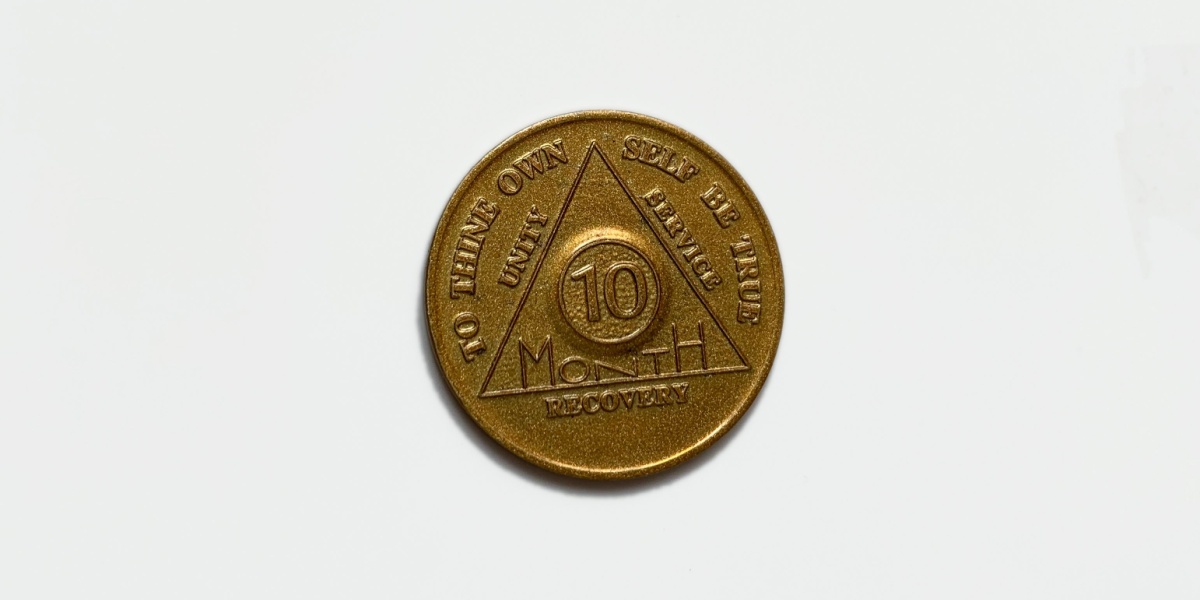Step 11 of Alcoholics Anonymous continues to prepare the participant for long-term recovery by instilling in them the ritual of daily spiritual practice. It is a component of a 12-step program designed to help individuals who are struggling with alcohol addiction in their recovery journey.
| Step 11 of Alcoholics Anonymous |
|---|
| "Sought through prayer and meditation to improve our conscious contact with God as we understood Him, praying only for knowledge of His will for us and the power to carry that out." |
Religious activities might feel uncomfortable for those who don't follow a religion. As an alternative, they can explore other spiritual practices, such as reflection or meditation.
- Step 11 asks that the person incorporates spiritual practices into their daily lives through reflective prayer or meditation.
- For those that don’t adopt a religion, performing daily spiritual activities may feel uncomfortable, conflicting, or embarrassing. Here are some useful tips for those struggling with Step 11 of AA.

What is Step 11 of AA?
On the surface, Step 11 of Alcoholics Anonymous (AA) may appear to have heavily religious connotations. The prayer of Step 11 reads as follows:
"Sought through prayer and meditation to improve our conscious contact with God as we understood Him, praying only for knowledge of His will for us and the power to carry that out."
Those who reach step 11 of AA will already know that the “God” referred to is not necessarily a religious figure or deity. Instead, it refers to a higher power, a symbol of enlightened good, that the person in the program identifies as holding the power to their recovery.
The 12 Steps of AA are built around the principle that those who suffer from alcoholism are powerless to help themselves and only through seeking help from a higher power can they achieve sobriety.

Medical advisor
PhD, LCPC
Step 11 asks that the person incorporates spiritual practices into their daily lives through reflective prayer or meditation. What this looks like in practice will be different for everyone, though it is an essential part of the AA journey.
How do you complete Step 11?
For some, incorporating spiritual practices into their daily lives is simple. Prayer and meditation are common practices in most religions and performing these rituals will come easily to those who already have a spiritual background.
For those that don’t adopt a religion, performing daily spiritual activities may feel uncomfortable, conflicting, or embarrassing. Here are some useful tips for those struggling with Step 11 of AA.
- Don’t let the terminology hold you back - The term “God” can be intimidating to those who do not adopt any form of traditional religion. For those going through AA, the “God” referred to is open for interpretation and should represent anything you hold as special or greater than yourself.
- Prayer is an open conversation - Prayer can take any form you want it to. If you prefer to get on your knees and talk to the heavens, so be it. If you would instead like to spend five minutes of your day talking to your higher power as though they were sitting right beside you then go for it. The key is to tell your higher power how you feel, question your decisions, seek guidance, and give thanks for any assistance received.
- Meditation is about receiving - Sitting alone and in silence can be a daunting experience for some. This can be harder still by trying to empty your mind of thought and focus on the wisdom of your higher power. Many struggle when starting meditation but the benefits of persevering with it are worth it. If you find meditation difficult, start by spending between five and ten minutes a day simply trying not to think. Try focusing on breathing in order to train your mind on something other than your thoughts and open your mind to your higher power.

